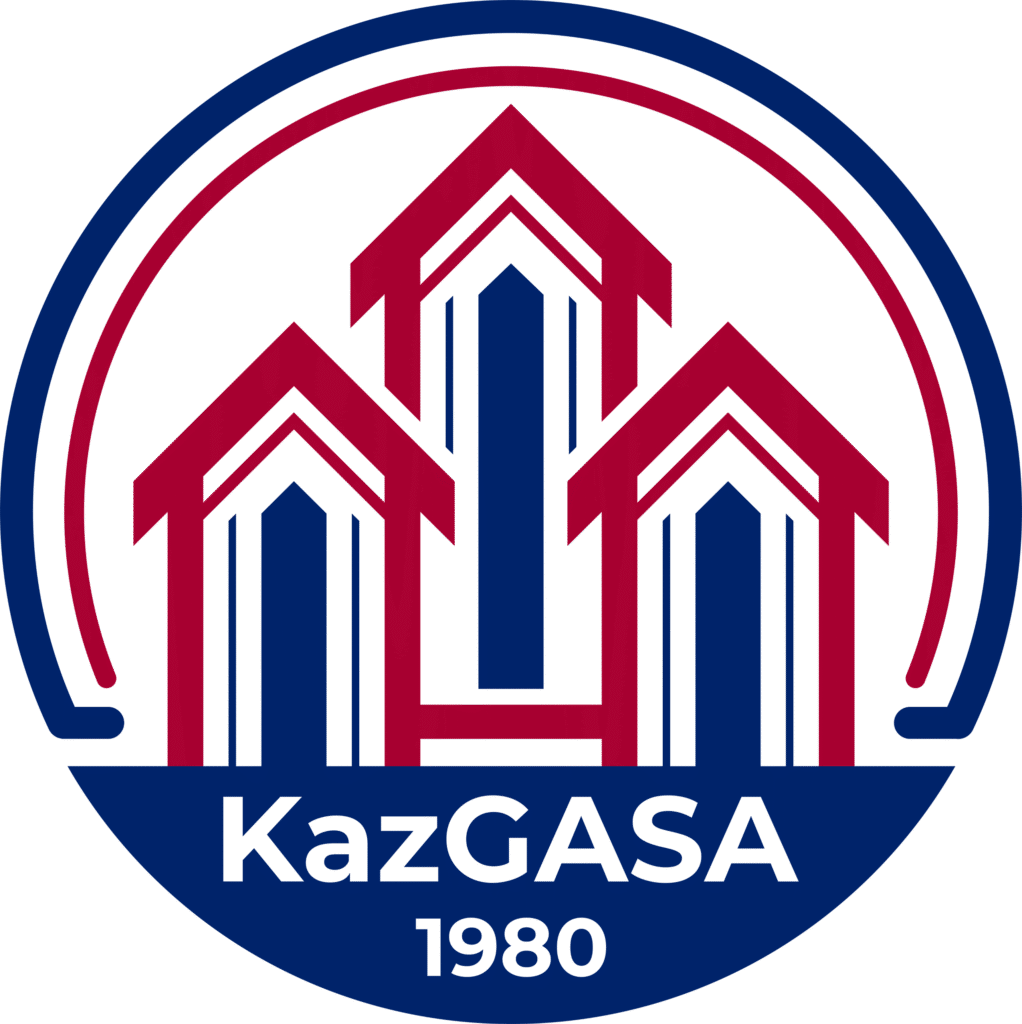School of Construction
History of the school
The foundation of the school began in the 1950s with the training of construction specialists at the Kazakh Mining and Metallurgical Institute, and later at the Kazakh Polytechnic Institute named after V. I. Lenin — one of the oldest and most essential specialties for the country.
Over the course of its long history, the School of Construction has made a significant contribution to the training of highly qualified civil engineers for Kazakhstan.
Educational programs
The school offers the following areas of study:
Bachelor's degree
Doctoral studies
Frequently asked questions
Есть ли возможность прохождения практики?
Да, у студентов есть возможность прохождения практики.
- С производственной практикой студенты начинают знакомиться уже со второго курса — они могут проходить её на различных предприятиях и в организациях, связанных со строительством.
- В академии работает Центр практики и карьеры, который помогает подобрать место практики по профилю студента.
- Для студентов старших курсов регулярно проводятся ярмарки вакансий, где можно встретиться с потенциальными работодателями, пройти собеседования и найти стажировки.
Это позволяет студентам получить практический опыт и начать профессиональный путь ещё до окончания обучения.
Какие требования для поступления?
Требования для поступления на направления в сфере строительства:
- Необходимо сдать ЕНТ с профильными предметами: физика и математика.
- При достижении порогового балла, абитуриент получает право на поступление в академию на платной основе.
- Для поступления на грант необходимо:
– Набрать высокий балл на ЕНТ;
– Принять участие в государственном конкурсе грантов.
Чем выше баллы — тем выше шансы на бесплатное обучение.
Какие перспективы у выпускников?
Выпускники строительных и дизайнерских направлений обладают широкими карьерными перспективами и могут работать в различных сферах, таких как:
- Проектные организации — разработка конструктивных и инженерных решений;
- Управление строительством — контроль за строительными процессами, работа в подрядных и генподрядных компаниях;
- Госструктуры и частные компании — на должностях инженеров, архитекторов, менеджеров проектов и т.д.
Благодаря практико-ориентированному обучению и современным программам выпускники конкурентоспособны на рынке труда и востребованы как в Казахстане, так и за его пределами.
School contacts

